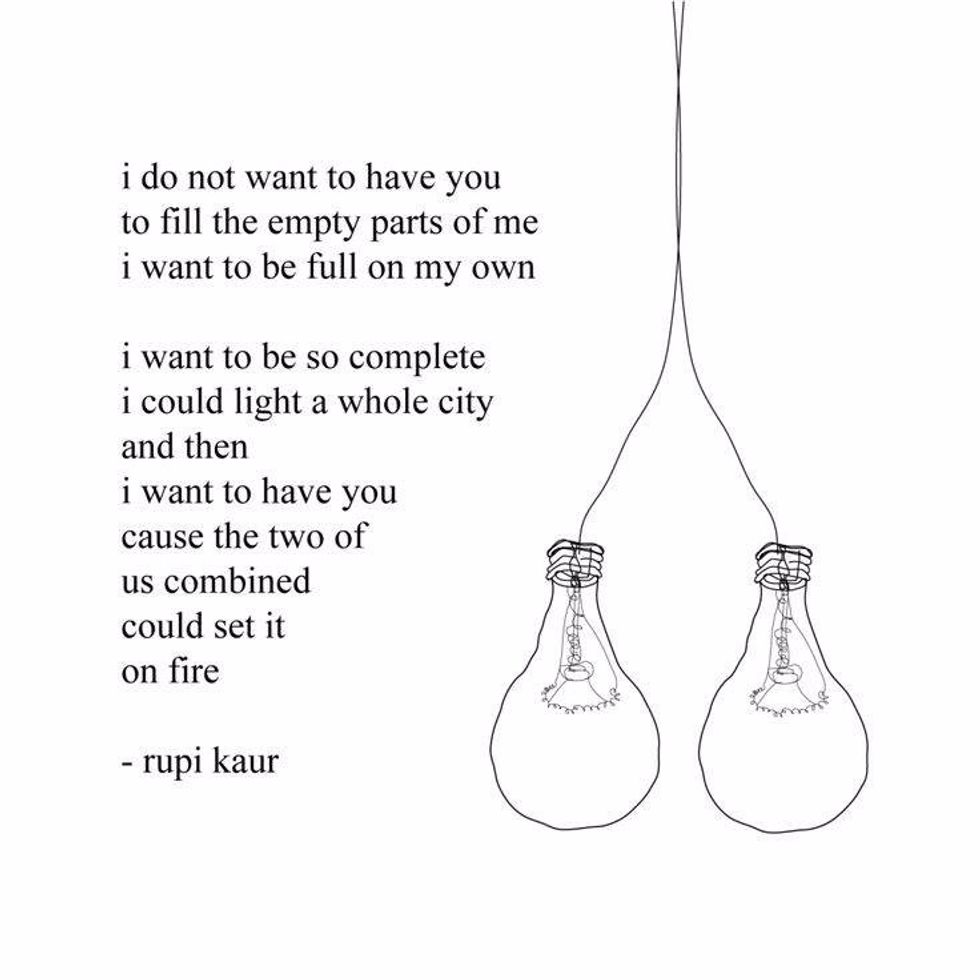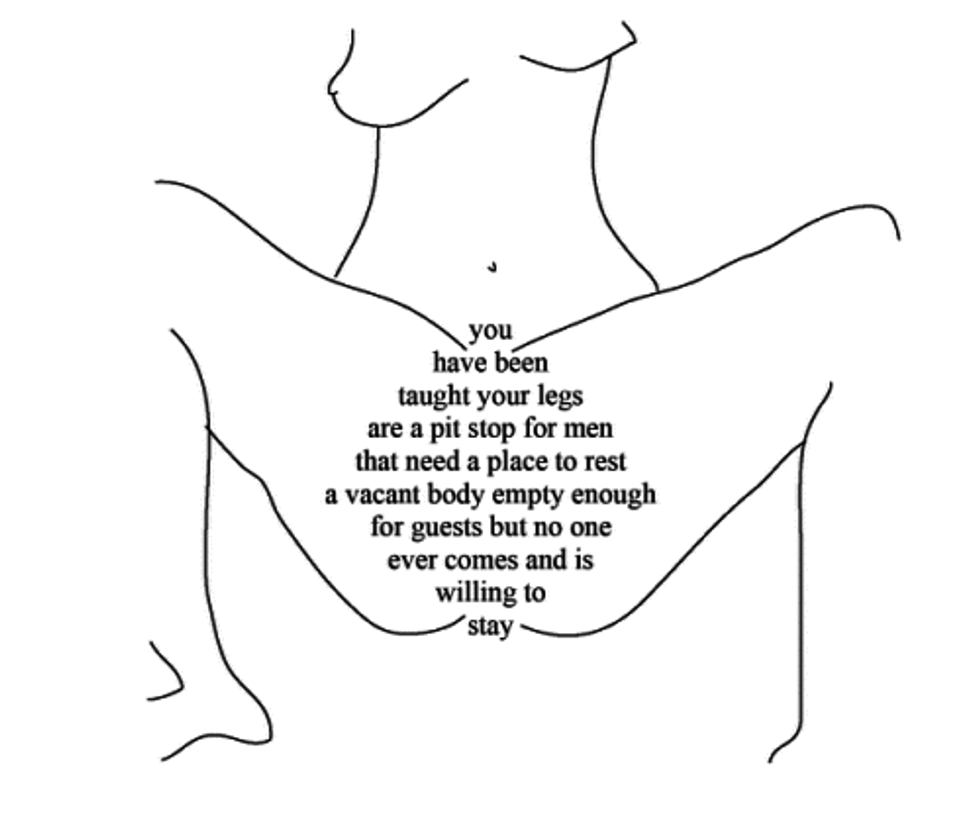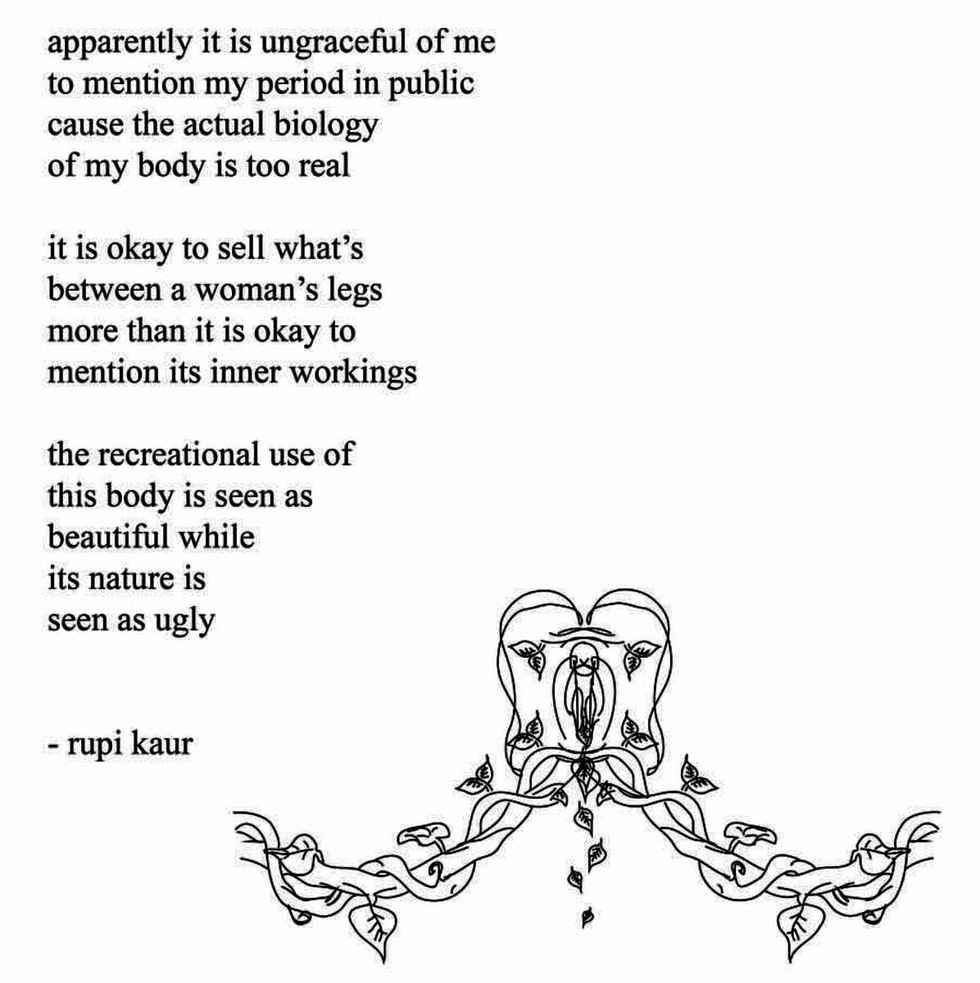A 'Life On Mars' Poetry Collection Review
Navigating the Plane of Loss Through the Cosmos: A Poetry Collection Review of "Life on Mars" by Tracy K. Smith.
Tracy K. Smith's third poetry collection "Life on Mars" published in 2011 is all at once a tribute to her father and a commentary on navigating the unknown landscape of death and space. Smith puts both death and space on the same existential level, alluding to each because of their undeniable connections. To enter death is a lot like entering the unknown, and entering the depths of unexplored space is likewise just as unknown. We can only imagine, and imagine Smith does through her beautiful verses filled with metaphoric images.
Tracy K. Smith is a professor of creative writing at Princeton University and was named Poet Laureate of the United States in 2017. This collection, Life on Mars won the Pulitzer Prize for Poetry in 2012, while her two prior poetry collections, "Duende" and "The Body's Question" are prize winners as well. She is clearly a distinguished and honored creative talent, with an art for writing and expressing big ideas through her poems.
Smith borrows inspirations from many David Bowie songs for various poem titles as well as the title for this collection, which comes from Bowie's song "Life on Mars?" released in 1971 on his album "Hunky Dory".
Another big inspiration for this poetry collection is her father, Floyd William Smith, who was a scientist who worked on the Hubble's development, which is why space serves as a backdrop for Smith's poems in this collection. Space in these poems becomes a landscape in which her father was a part of through his work, and became a part of after he passed away, and therefore he still lives on somewhere "out there" out of our reach.
One poem Smith specifically memorializes to her father, titling it "The Speed of Belief." (27-33) This is the longest expanding poem in her collection. Like much of her collection, she focuses on the in-explainable vastness of the universe in relation to specific instances and memories from her earthly life and the poignant utterances of loss and how it has affected her.
"The encumbrance of shadows?
If you are one of them, I praise
The god of all gods, who is
Nothing and nowhere, a law,
Immutable proof. And if you are bound
By habit or will to be one of us
Again, I pray you are what waits
To break back into the world
Through me." (33)
In these lines, Smith ponders the meaningful question of where we go when we die. What happens when we enter into the dark void and encounter after. This is something I myself have been struggling to comprehend lately, as I get older and the years fly by faster and faster, my youth slipping slowly from my fingertips.
Smith imagines that perhaps her father will be reincarnated somehow through her energy here on earth, and perhaps we all are just putting forth the energy of our past ancestors, who made us who were are. We are molecules put forth by the ones who came before us. When you boil it down to this simplicity, Smith's poems reign out as eerily existential and foreboding, because they force you to contemplate this reality. Perhaps this is a blessing and a curse, because it makes for an uneasy reading experience, at least for me.
But perhaps I need this uneasiness to feel human. I thrive in the raw moments of breaking down and realizing just how small I am, in comparison to the universe. We all need moments like this, and Smith's poems such as "The Speed of Belief" fulfill this need.
Another one of Smith's poems that really stood out to me in this collection is "The Universe: Original Motion Picture Soundtrack." (24) It is short yet revolutionary in the way it plays on the novelty of a movie soundtrack and imagines the noises that may have existed as the universe was coming into being.
While reading this poem, I got an incredible sense of "Woah." That dizzy out-of-body feeling that overcomes me when I get into deep existential thoughts, pondering how old the universe is, thus how old this "soundtrack" would be. What I would give to have heard these insurmountable sounds:
"The dark we've only ever imagined now audible, thrumming,
Marbled with static like gristly meat. A chorus of engines churns.
Silence taunts: a dare. Everything that disappears
Disappears as if returning somewhere." (24)
Where does the universe come from and what are the sounds that compose it? Perhaps the greatest source of entertainment for us here on earth for thousands of years has been looking up at the nighttime sky and pondering the stars and constellations, correlating meaning from their designs. The universe is the best "motion picture" we could ever imagine. It doesn't need any special effects or edits to be breathtaking. The shining galaxies, nebulae, star clusters, and constellations are untouched and always in motion.
Thus the fact that Smith creates a poem honoring this truth is brilliant and shows her deep understanding of how important space is to us, and how we should take time to truly ponder its vastness, despite how uncomfortable it may make us. Why are we wasting our time watching movies with special effects when we could be watching the best movie we have, the nighttime sky and the endless universe beyond.
I truly felt like Smith's "Life on Mars" collection enriched my life and encouraged me to consider the stars as pathways to the beyond. Whatever lies out there, we cannot be sure. Although we can interpret the universe and its complexities to fit our imagination and beliefs.
Each one of Smith's poems spans star systems beyond ours, by pondering things beyond just love and self as many poems do. She reaches out with her poetry and really places the reader at a place where they can look out to the universe as if they are truly in some kind of planetarium or looking through a telescope at life and eternity. I felt uncomfortable and often times too emotional for words while reading her collection, which means her poetry did its job.






























